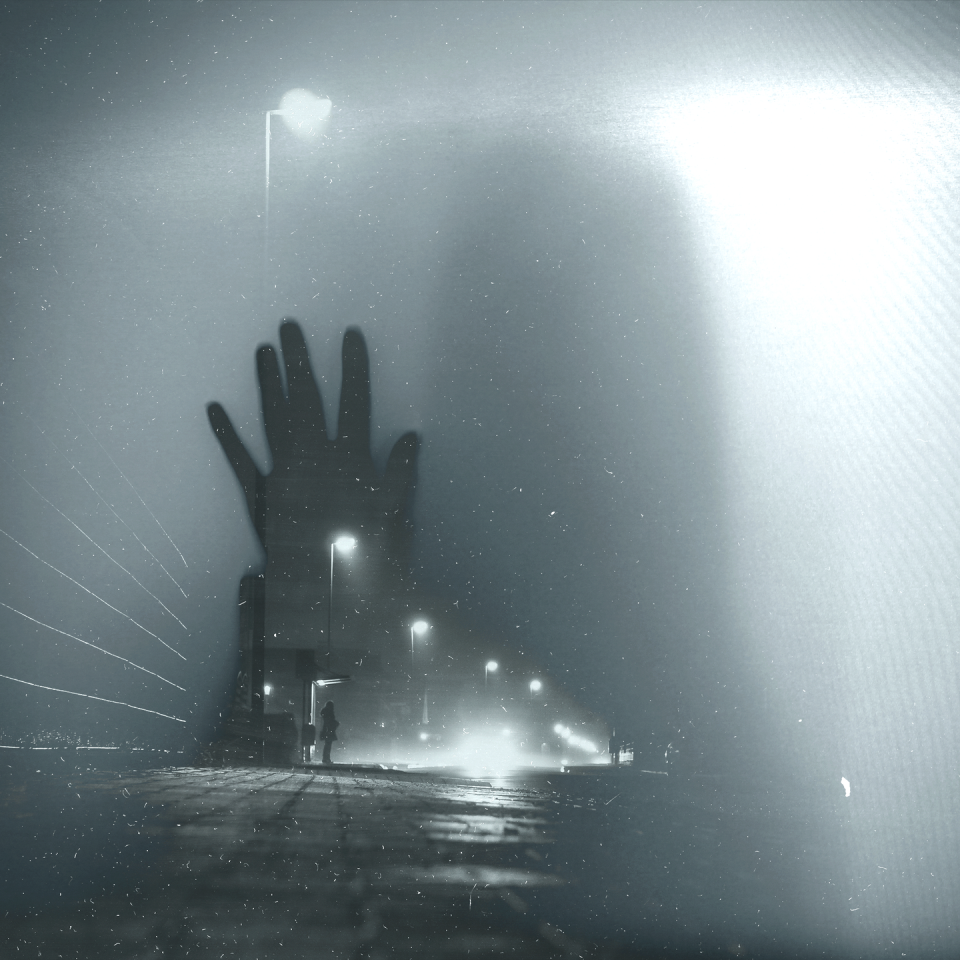Political Solidarity Is A Solution to Attacks Against Asian Americans


This past spring, I was in lockdown in my tiny studio along with the rest of New York City. It was ominous. I would hear sirens multiple times a day, the red lights blinking through my sheer curtain. The Laundromats were closed, so my dirty clothes were piling up, the entire city narrowing to just my immediate block: bodega, supermarket, the park, liquor store. In April, I heard about an acid attack on a young Asian-American in Brooklyn while she was taking out the garbage, then in July, about an 89-year-old Asian woman who was set on fire and didn’t tell her family what happened right away because she didn’t want them to worry. But then, I didn’t hear much else. Just like I didn’t hear about Ee Lee until a few weeks ago, a 36-year-old woman who was sexually assaulted and murdered back in September.
As I heard about these incidents, I felt fear and grief. Mostly, I felt invisible, because these incidents came and went with no reckoning and barely any coverage on any mainstream news outlets. There was no collective outrage. But maybe it was also about being comfortable in this atmosphere of invisibility that made me not speak up. Maybe I stayed silent because I didn’t want to be gaslit again and again whenever I brought up the racism that Asian-Americans face, with those around me saying, “But Asian-Americans are doing well, are honorary whites and not people of color,” as if Asian-Americans do not have their own racial trauma. Even as I knew that there are 15,000 Southeast Asians facing deportation right now, that Asian-Americans have the highest level of poverty in New York City, and that South Asians and Muslimscontinue to face violence due to Islamophobia. Even as I knew the history of the Chinese Exclusion Act, Japanese internment, the wars waged on Asian countries that displaced so many to migrate to the United States.
Then in May, Jaimee Swift of Black Women Radicals DMed the Asian American Feminist Collective (of which I am a cofounder) on Instagram. She reached out in solidarity and to connect the racism that both Black and Asian communities were experiencing due to COVID-19, albeit differently. Asian-Americans became targets of harassment and violence when elected officials used Asians as scapegoats for the pandemic, reinforcing their racism and xenophobia with terms like kung flu and China virus, while we saw in vivid display the devastation of structural health inequities for Black and Latinx people. Our conversation on Instagram Live turned into the start of a two-year project, Black and Asian Feminist Solidarities. I started to embody the politics of solidarity that requires us to see ourselves in each other’s struggles to imagine a better future.
Failing to speak out because we have internalized our invisibility and racism keeps our community vulnerable. Our invisibility allows the media and the state to shape our narrative with stereotypes like the model minority myth and keeps us comfortable until a scapegoat is needed. But when people show up for each other and build trust, we disrupt that pattern. Ultimately, that is the best way to fight back against prejudice and violence. I had to learn that being an ally isn’t about silencing one’s own pain or grief, it is the recognition that our liberation is bound together. We must be able to show up as our full selves and speak out on our pain.
History teaches us about the importance of solidarity and how white supremacy is threatened by it. White supremacy exploits the fear of “the other” by raising up narratives that stoke resentment, that highlight Black and Asian conflict but never the history of solidarity that has existed and flourished. Figures like Grace Lee Boggs organized multiracial autoworkers in Detroit as an Asian-American feminist in the 1960s. Boggs said, tellingly, “The only way to survive is by taking care of one another.” In the 1980s, Black and women-ofcolor feminists came together to found Kitchen Table Press to publish anthologies like This Bridge Called My Back to share stories that highlight the intersectionality of oppression among them as a pathway to liberation. Even to this day, we see solidarity in action with survivors of Japanese internment testifying in support of reparations for Black Americans and for the end of immigrant detention centers.
As a feminist, I believe in love as political practice and radical honesty. Perhaps some of us don’t feel comfortable talking about the issue of anti-Asian violence because it too often has fed into calls for more policing and anti-Black racism and rhetoric. More policing cannot be the solution; we also cannot forget the lives of Asian-Americans who, too, have been killed by police violence such as Tommy Le, Christian Hall, Angelo Quinto. I urge us to follow the lead of organizers who have been undertaking the work of disabusing our communities of this and calling for solutions to anti-Asian violence that do not criminalize, racially profile, and incarcerate other people of color. However, this never means silencing our pain and grief as Asian-Americans.
We need to put in the real, true, hard work of building mutual trust that humanizes and improves our lives. The only way we will get through this is to cultivate care. That means things like mutual aid and community fridges. Utilizing community-based solutions to mental health, violence, and harm instead of calling the police. Building our networks of neighbors and people to turn to. As you step into Asian restaurants to support us, don’t just eat the food but realize the humanity of their workers, their families, their lives. As you show solidarity for Asian-Americans during this time of grief, do it because you care not just about us, but about all of us.
You Might Also Like

